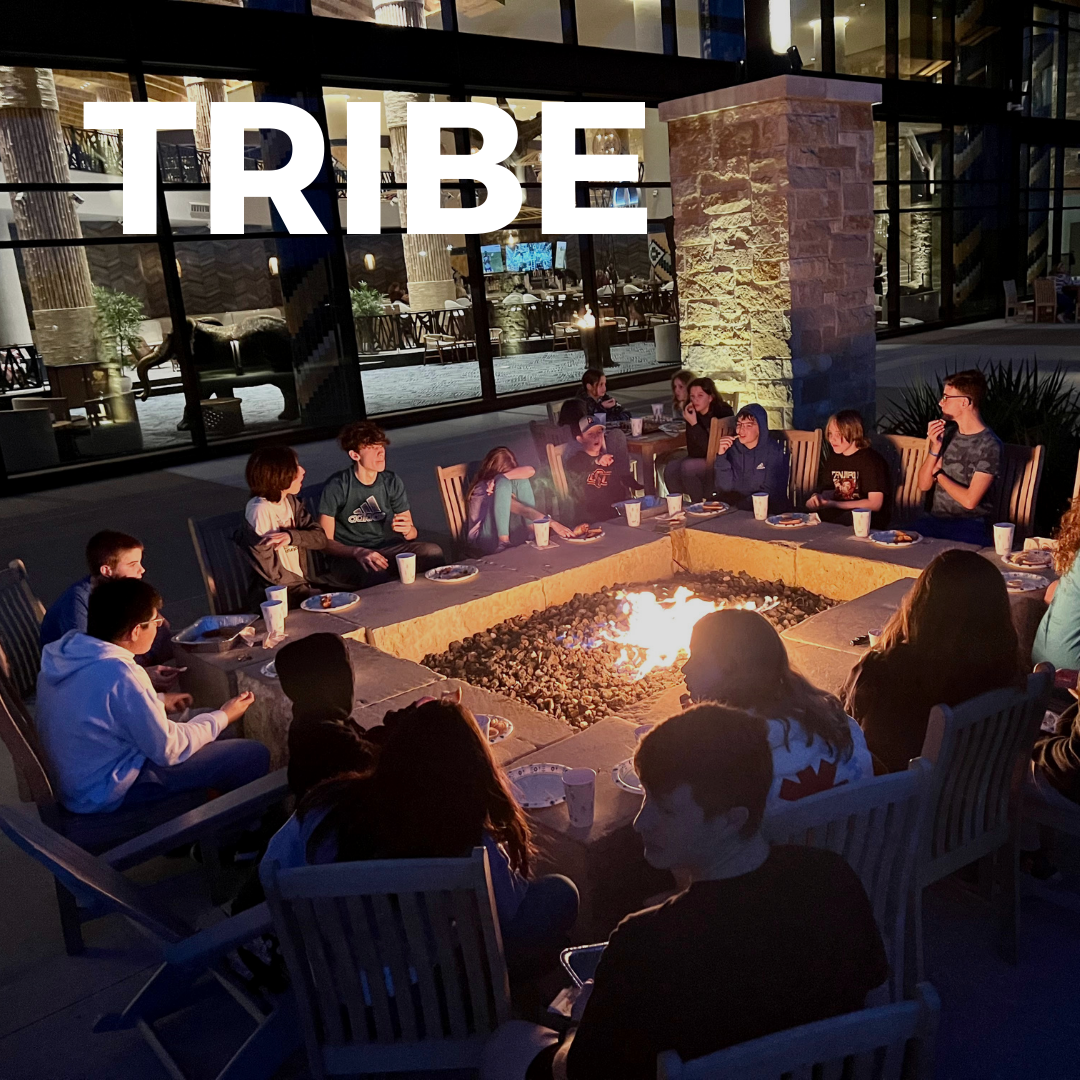
Sebastian Junger seems afraid of very little. With a newly-minted degree in cultural anthropology, he embarked on a career as a freelance writer, researching a series of hazardous subjects. In a participatory way that routinely risked both life and limb, Junger studied, then wrote about some of the most dangerous things human beings do. His first book, The Perfect Storm, was a riveting account about the perils of the Atlantic commercial fishing industry which led many to hail Junger as a new Ernest Hemingway.
In 2000, Junger traveled to Afghanistan to profile Northern Alliance leader Ahmed Shah Massoud, who was later assassinated by the Taliban just hours before the World Trade Center and Pentagon were attacked on September 11, 2001. Then, when American troops went into Afghanistan, Junger embedded himself in the 173rd Airborne. Restrepo, his documentary about the platoon he was with, was nominated for an Academy Award. He's been so close to the fighting that he's been diagnosed with and continues to suffer episodically from post-traumatic stress disorder. His book, Fire, and another entitled, War, recount his time in Afghanistan while his book, Tribe, published in 2016, details his experience of returning home to the United States from these war zones.
While Tribe touches on Junger's PTSD, the book really focuses on how human beings have evolved. Our ancestors who thrived and therefore survived, he writes, were those who were parts of small nomadic communities—groups of about forty to fifty people who lived in deeply-linked, very interconnected ways with one another. However, as the agricultural age, then the industrial age, and now our own technological age arrived, Junger suggests we've become more and more removed from the ways we're evolutionarily designed to flourish. That is to say, while genetically, biologically, we're not that different from our distant ancestors who were evolutionarily programmed to thrive in small tightly-bound groups, we're now living in a whole new environment. "Genetic adaptations," Junger writes, "take around 25,000 years to appear in humans, so the enormous changes that came—in the last 10,000 years have hardly begun to affect our gene pool." The world has changed so much, he says, that for the first time in all of human history, a person might go an entire day, a whole season, or even most of an entire lifetime, interacting not with family or tribe, but exclusively with strangers. One could say this is not how we're supposed to live, but it'd be more accurate to say, this is not how we've been designed to thrive.
Again, Sebastian Junger seems afraid of very little, but what does seem to scare him is the threat that we're all being captured within this paradox of modern life: while in many ways we're more connected than ever, we're still left feeling deeply, desperately, and dangerously alone. Our biology tells us we are a curious batch of creatures, wandering around outside, who flourish most when we're both proximally and emotionally linked in close community with a contingent of around forty to fifty people. But our new way of life, conducted mostly in urbanized modern settings, has begun to conspire against us. We've become frenetic yet sedentary, weary yet sleep-deprived, overfed yet malnourished, wealthy yet bereft, and though we're technologically intertwined with one another, physically we're more socially isolated than ever. Junger's conclusion is that our modern ways and means of living have torn the social fabric that's always characterized the human experience, offering back something that's proven terribly brutalizing to the human spirit.
So what do we do about it?
The name our church has given to our 5th through 7th graders collectively is The 527 Tribe. Currently, there are about forty to fifty in this little community. They have their own dedicated space, which though it's not outside, is filled with light and is their own. It's designed with both places for vibrant social connection and safe spots for the kids to just think and brood if they want to. Each week, the Tribers take up the wisdom of ancient stories found in Scripture, not only as a way to further connect with one another but to link themselves more transcendently with the wisdom of past generations. The language of their liturgy and their leadership speaks poignantly time and time again about the central idea of being together, that is, of belonging not only to God but to one another. The Tribe seems to be thriving.
How do we push back against the headwinds of this, our environment and age that Sebastian Junger writes about? I?m not completely sure, but this seems to be a good place to start.
God — In places of fear, in places of anxiety, may we find belonging. Amen.
— Greg Funderburk





